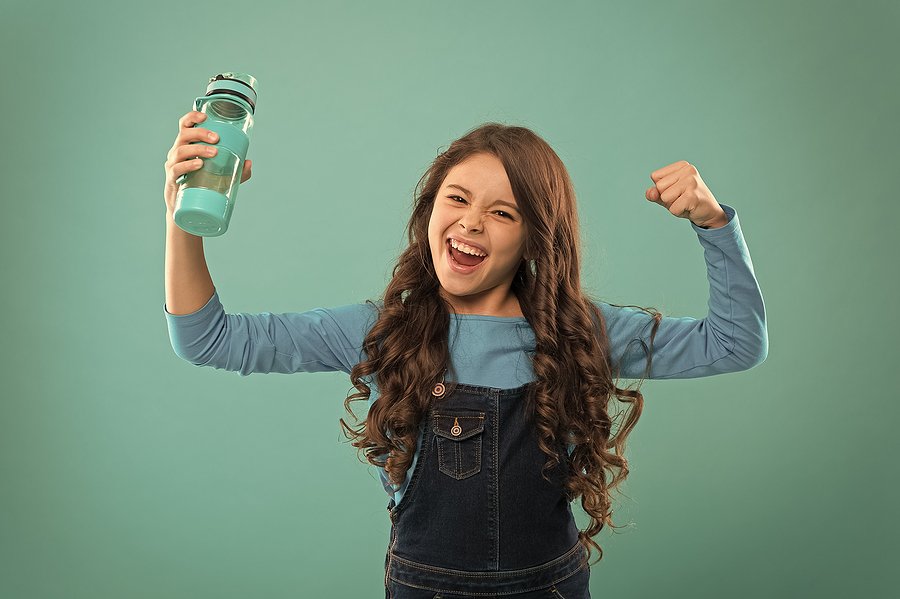
Peer influence in the Caribbean: Getting Aruban kids to drink more water
Caribbean kids drink too often sugary drinks and not enough water. This puts their health at risk, like gaining weight. Could the school intervention program Kies Awa change these behaviors? The Kies Awa program (translation Choose Water), is a peer influencer program for schools, adjusted to the context of the Caribbean island Aruba. Research from Aruba, published in the Journal of Public Health, shows that peer influence can get kids to drink more water.
Take aways
- Children are more likely to drink water when their peers promote it, especially when activities are adapted to the local context.
- Children who experience peer disapproval when they drink sugary beverages are more likely to drink less of them.
- Despite improvements in water consumption after Kies Awa at schools, kids still drink only about half of the recommended daily water intake. This calls for more action to create healthier school environments that encourages healthy drinking behaviors to prevent health risks in adulthood.
Study information
Who?
300 children in classes recruited in nearly all Aruban primary schools (mean age 11, aged 9 – 14 years, 53% girls. With 156 children in the Kies Awa intervention group and 144 in the control group.
Where?
Aruba
How?
The study tailored a proven European school intervention program (Share H2O)to the Aruban context. The children were split into two groups and completed questionnaires before and after the program. In the first group (intervention group) a subgroup of selected peer influencers underwent a Kies Awa motivational training, involving autonomy-supportive motivation to promote water drinking among their peers. Peer influencer selection and motivation did not happen in the second group (control group). The researchers then compared changes in drinking behaviors between the two groups.
Facts and findings
- Children in the intervention group, having been in contact with the trained peer influencers, showed an increase in water drinking compared to kids who were not.
- Kids drank less sugary drinks when they experienced peer disapproval drinking sugary drinks before the start of the program. In other words, children who were more aware of negative norms about sugary drinks were more receptive to the peer-led intervention.
- Compared to the previously tested Europe-developed pilot program, the Kies Awa version —tailored to the Aruban context—showed better results.
- Overall, the Aruban children drank approximately 4 glasses of water daily, falling short of the recommended 6-8 glasses.
- Overall, the children consumed about one sugary drink daily, equivalent to 10 teaspoons of sugar (140-150 calories).